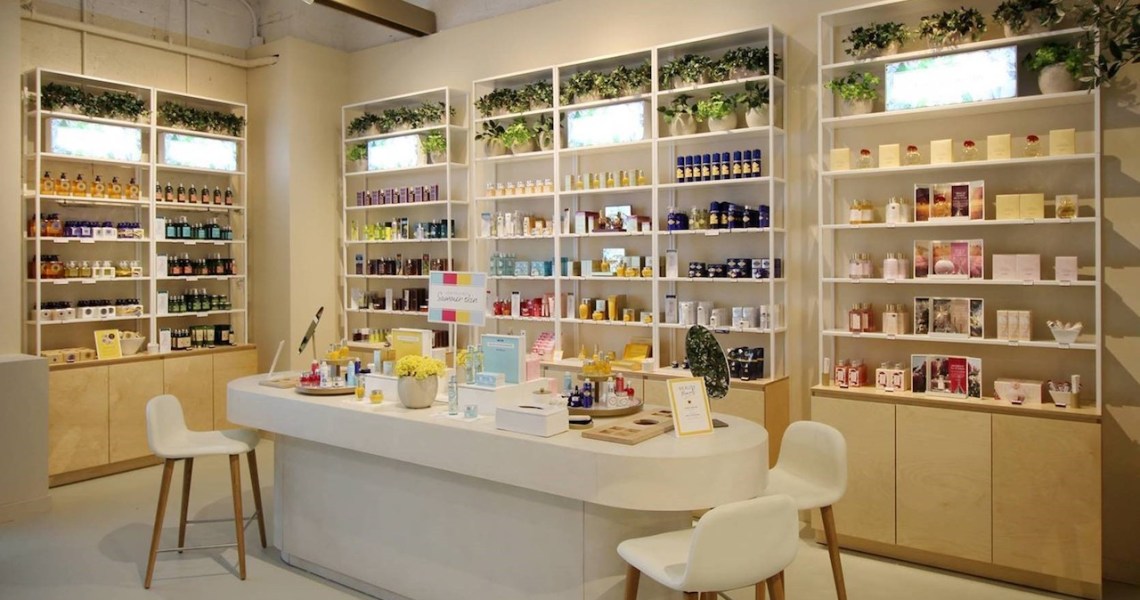French beauty brand L’Occitane Group is moving towards fully sustainable packaging.
The group, owners of brands like L’Occitane en Provence and Melvita, is aiming to use only sustainable plastic in its packaging. (Currently, only 30 percent of L’Occitane’s products are made with recycled plastic and its exclusive to darker-colored items, like its namesake brand’s Immortelle Precious.) Through its new efforts with sustainable plastic provider Loop Industries, the brand expects to be fully sustainable by 2025. L’Occitane Group would not reveal the investment in this partnership.
“L’Occitane has always been very conscious of the impact of packaging and the fundamental importance of eco-design and recycling, but more recently, we have felt the need to accelerate,” said Raphaelle Archambeaud-Sicot, L’Occitane corporate social responsibility and sustainable development director. The executive started researching a partnership with Loop approximately two years ago.
“Plastic pollution has become a huge global issue, and we want to be part of the global effort to reduce this,” she said. “It is critical, both for us and our employees, and for our consumers.”
L’Occitane Group is not the only mega-company to respond to the beauty industry’s packaging problem, which reached 142 billion units that ended up in landfills or the ocean in 2018. In January, Unilever CEO Alan Jope announced the company was going to trial new stainless steel and glass containers across nine of its brands, including heritage brand Dove in the U.S. Additionally, newer brands like REN Clean Skincare, Love Beauty and Planet and Love Home and Planet are set to test new reusable packaging made from aluminum and glass. “We want to put an end to the current ‘take-make-dispose’ culture and are committed to taking big steps toward designing our products for re-use,” he said.
Even smaller, emerging brands are recognizing their part: Ethique uses biodegradable and recyclable wrappers for its hair, face and body bars and has found its pro-environmental stance has helped with securing funding as a nascent company.
For L’Occitane, its emphasis goes back to its consumer values. “Many of our customers have always been sensitive to these kind of values and commitments. For some, it’s why they bought our brand in the first place, so it is key for us to keep improving ourselves and challenging ourselves,” said Sicot.
Ad position: web_incontent_pos1
L’Occitane is experiencing a period of growth: In interim fiscal year 2019 results, it reported a nearly 9 percent increase in net sales for the first nine months of the year. Its current emphasis on sustainability is also a way to attract Gen Z and millennial customers. The average age of its namesake brand is 43 years old.“This young generation is very sensitive to the impact of a brand on the environment, so [our Loop partnership] becomes a way to recruit new, young customers,” said Sicot.
This effort will be magnified in the Group’s 1,555 stores. In 2014, L’Occitane began working with recycling company TerraCycle to provide in-store facilities to collect empty bottles and packaging of beauty and skin-care products from all beauty and cosmetics brands. (In exchange, shoppers receive a 10 percent discount toward one full-size L’Occitane product purchase.) This service is only available in 30 percent of its owned locations across the world, but L’Occitane Group plans to roll it out to its full fleet of stores by 2025.
“We were on the first cosmetics brand to launch this kind of service, in 2014, and the 100 percent [goal] is key. We want to bring recycling to every country and every city where we are, especially where people don’t have access to recycling,” said David Bayard, L’Occitane technical packaging development director. “We want to eliminate unnecessary plastic, especially the single-use ones. We have identified about 10 to 15 types of unnecessary or single-use plastic, and we will take them one-by-one to find alternatives.”




